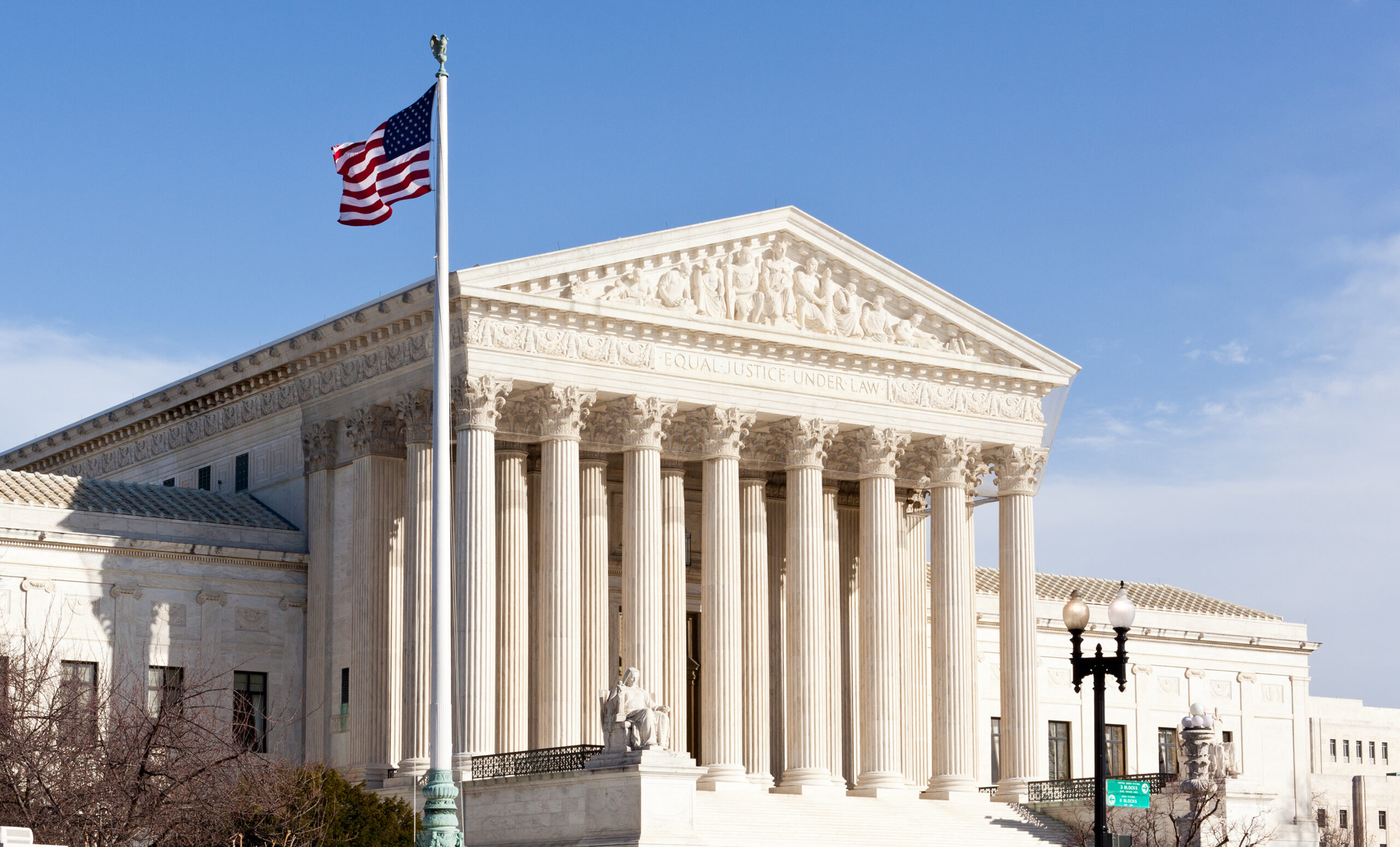New Immigration Test Screening for Anti-Americanism: What You Need To Know

New Immigration Test Screening for Anti-Americanism:
What You Need to Know
In August 2025, U.S. Citizenship and Immigration Services (USCIS) introduced a new anti-Americanism immigration test as part of its review process. Officers will now consider “anti-American activity” when reviewing certain immigration benefit requests. This rule applies to any case where the law gives officers discretion, which is the power to weigh factors for and against approval.
The policy update is effective immediately and applies to both new and pending cases (USCIS, Aug. 19, 2025). Immigration lawyers are calling this the first anti-Americanism immigration test in decades, raising new questions for families seeking green cards and other benefits.
Immigration Screening Before the Anti-Americanism Immigration Test
Before this change, USCIS already reviewed applications for criminal records, fraud, and national security concerns. Applicants could be denied for things like:
- Serious crimes such as terrorism or human trafficking.
- Membership in hostile groups, including militias or organizations on the U.S. terror list.
- Fraud or misrepresentation, like submitting false documents.
These rules focused on actions, not personal opinions. As a result, if someone’s conduct was dangerous, their case could be denied. But lawful political speech or criticism of government policy was not typically part of the review.
New USCIS Anti-Americanism Screening Rules
The new policy by USCIS expands what officers look at. Now, anti-American activity or ideologies will carry “overwhelmingly negative weight” in discretionary decisions.
This includes:
- Statements, writings, or affiliations that reject U.S. constitutional principles.
- Social media activity that shows hostility toward American values or institutions.
- Endorsing or promoting groups connected to antisemitic terrorism or anti-American causes.
In addition USCIS has expanded social-media vetting to check for this kind of activity.
Explainer: What does “discretionary” mean?
When a case is “discretionary,” it means the officer reviewing your file has power to make a judgment call.
For example, if you apply for Adjustment of Status, USCIS looks at eligibility rules but also weighs your background, conduct, and now — under this update — whether there are any signs of anti-American activity.
Why the Anti-Americanism Immigration Test Matters
This shift matters because it moves the focus from what people have done to what people believe or say. That makes the standard less clear and more subjective.
- One officer might see a post as normal criticism of U.S. policy. On the other hand, another could call it “anti-American.”
- Immigrants may feel pressure to avoid speaking freely online or at protests. Because of this, many families may choose to stay silent even when they want to speak up.
- Certain groups could face extra scrutiny based on stereotypes or assumptions.
For many families, the stakes couldn’t be higher. In fact, a denial doesn’t just delay paperwork. It can mean years of separation, loss of work authorization, or even the threat of removal. Ultimately, the shift toward screening personal beliefs makes those risks even harder to predict.
Legal Concerns About the Anti-Americanism Immigration Test and Screening
Immigrant advocates and legal experts have raised several concerns:
- Silencing free speech. People may censor themselves online out of fear that criticism of U.S. leaders or policies could be used against them.
- Inconsistent enforcement. With no clear definition of “anti-Americanism,” different officers may apply the rule in very different ways.
- Risk of discrimination. Communities from politically sensitive regions may be unfairly targeted.
Some organizations have signaled that this policy could face court challenges, arguing it conflicts with First Amendment rights.
How the Anti-Americanism Immigration Test Could Affect Your Case
Applying for immigration benefits is already stressful, and this new test adds another layer of uncertainty. Officers reviewing your file may now weigh not just your paperwork, but also your personal views and digital history. That means families need to be more proactive than ever in preparing their cases.
Here’s what to keep in mind:
- Your digital footprint matters. Old Facebook posts or tweets could be pulled into your case.
- Context counts. A sarcastic comment or protest photo might be misunderstood.
- Past affiliations may be questioned. Even legal, peaceful participation in rallies or groups could raise issues.
Additionally, it is important to remember that USCIS officers are human. Two officers could look at the same facts and come to very different conclusions. That’s why having a legal team who can guide you through what evidence to include, and how to explain your story, can make a big difference.
What Happens Next?
This new policy is already in effect, but it may not be the last word. Immigration policies often change with new administrations, and at the same time, they can also be challenged in court. Legal experts have suggested that screening immigrants for “anti-Americanism” could face lawsuits, since it raises free speech and First Amendment concerns.
Immigrant rights organizations are also preparing to monitor how USCIS applies this rule in practice. If it leads to inconsistent or discriminatory decisions, there may be stronger grounds for a legal challenge. For families applying now, this means the rule is real and active—but its future could depend on how courts and Congress respond in the coming months.
How Rozas Immigration Can Help
Policies like the new “anti-Americanism” screening create uncertainty for immigrants and their families. At Rozas Immigration, our attorneys stay on top of every change so we can guide you through the process with confidence.
Our team can:
- Review your case for red flags under the new policy.
- Help explain your history so USCIS understands the context.
- Defend your rights if a USCIS officer tries to misapply the standard.
Immigrants make America stronger. We will continue to fight for families who deserve fairness, dignity, and a future here.
If you or a loved one may be impacted by this new policy, don’t wait. Contact Rozas Immigration to schedule a consultation and get clear answers about your situation.
Stay Informed
Immigration rules in 2025 are changing quickly. Don’t try to figure them out alone.
• Learn more about our immigration services
• Subscribe to the Rozas Immigration Newsletter
• Follow Rozas on Instagram, Facebook, and Youtube
• Follow Immigration Lawyer David Rozas on TikTok
Written by David Joseph Rozas
David Rozas is an experienced criminal and immigration lawyer and one of the founding partners of Rozas & Rozas Law Firm. He has been with the firm since 2004, joining his brother, Greg in practice. David concentrates his law practice on criminal defense and immigration.

.svg)















